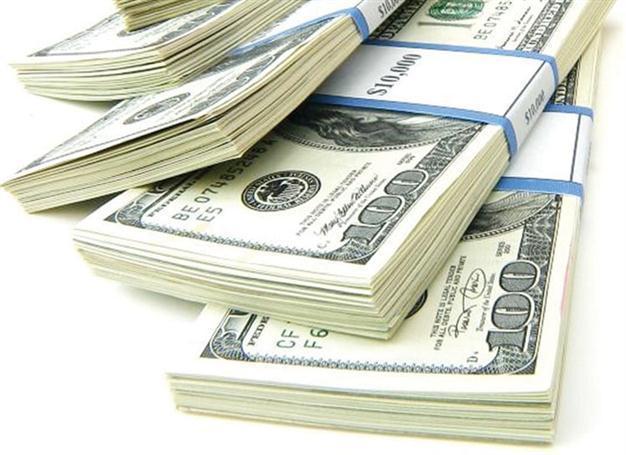Turkey could consider Tobin tax to fight risks
ISTANBUL - Hürriyet Daily News

The only way out of global economic crisis is greater financial regulation says Professor Epstein. Hürriyet photo
Turkey’s Central Bank could consider implementing a Tobin tax to help cut risks deriving from hot money flows into the economy, according to a prominent economics professor from the University of Massachusetts.“The Turkish Central Bank has some alternative instruments at hand, but, still, a Tobin tax could be considered as an alternative method to prevent hot money flows,” Gerald Epstein told the Hürriyet Daily News in a recent interview.
A Tobin tax, suggested by Nobel Laureate economist James Tobin, was originally defined as a tax on all spot conversions of one currency into another. The tax is intended to penalize short-term financial round-trip excursions into another currency.
“There is stamp tax in some countries to stop the flow of hot money, and a Tobin tax might work in that sense,” said Epstein, noting that France was currently discussing implementing such a tax.
According to the Central Bank’s payment balance data from earlier this month, some $12.4 billion worth of dubious monetary entered Turkey last year.
Tighter financial controls

Gerald Epstein.
Epstein said the global economic crisis was heading in “a dangerous direction” as the austerity plans for Greece, including cuts in wages and pensions, would trigger a downward spiral that could drive the economy into a worse situation. However, Epstein said he believed the only way out was greater financial regulation in global markets.
“Before the crisis, there were already some signs all along the way,” said Epstein, adding that the financial system had been unstable since the start of the 1990s.
“After each crisis, the government would come and bail out the banks and the financial sector instead of regulating them more,” said Epstein. “Finland had a banking crisis in the early 1990s, and Turkey had its own banking crisis in 2001,” he said, adding that both countries had succeeded in sheltering their financial systems against the shocks of the current economic crisis through “tighter financial regulations.”
The post-crisis economic environment in Europe will be different than today, according to Epstein. Recalling Chinese Premier Wen Jiabao’s Feb. 2 remarks that China would consider helping shore up Europe’s finances, Epstein said: “It would not be surprising to see Chinese companies acquiring European debt-hit firms. The U.S made enormous foreign direct investment in Europe after World War II, and this helped the developments in the European economy.”
The professor also noted that technocrats in charge of the European economy today did not have a democratic base or political legitimacy.
















